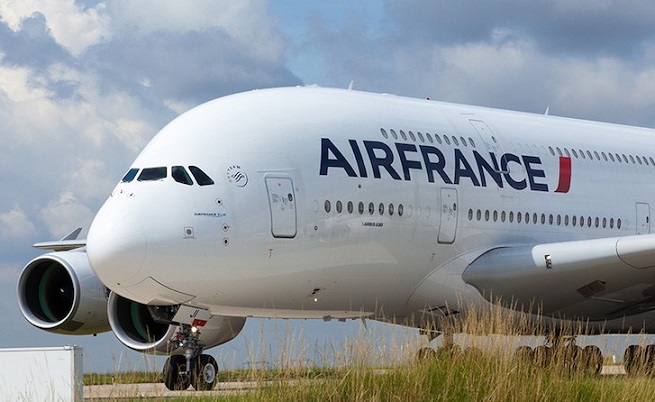Air France unveils Joon, the unit company for Millennials

Air France formally launched on Monday its new “Joon” lower-cost airline, which the company hopes will attract a younger clientele and restore some routes to profitability.
Air France said on Monday that Joon would start off by flying to six destinations. Joon is “especially aimed at a young working clientele, the millennials (18- to 35-year-olds), whose lifestyles revolve around digital technology,” Air France said in a statement, without elaborating on what new technology would be deployed.
Starting from December 1, Joon will fly to four cities in Europe – Barcelona, Berlin, Lisbon and Porto. It will then fly to Fortaleza in Brazil and the Seychelles from the end of March 2018.
Single fares to the European cities will start from 39 euros, while fares to Brazil and the Seychelles will range from 249-299 euros respectively.
Joon will be hiring 1,000 cabin crew staff between now and 2020, Air France chief executive Franck Terner told reporters. The airline will initially use A340 aircraft on long-haul routes and switch to more modern A350 planes from 2019.
Air France wants to bring down costs in order to compete better against Gulf carriers on long-haul routes, and against budget carriers on short-haul routes.
Other airlines stepping up their low-cost offerings include British Airways’ owner IAG, Lufthansa’s Eurowings and Canada’s WestJet, while problems at Ryanair have also highlighted the fight for passengers in the sector.
However, the airline said: “Joon will not be a low-cost airline as it will offer original products and services that reflect those of Air France.”
While Air France’s pilots have agreed to support the new subsidiary on condition they will receive the same pay and conditions as on the main airline, the hiring of stewards, hostesses and part of the ground personnel for the new service will be outsourced.
The pilots were initially hostile to the plan, fearing they would be forced to accept lower wages. In September 2014, they went on strike for two weeks over the expansion of Air France’s low-cost European subsidiary Transavia, grounding thousands of flights.

